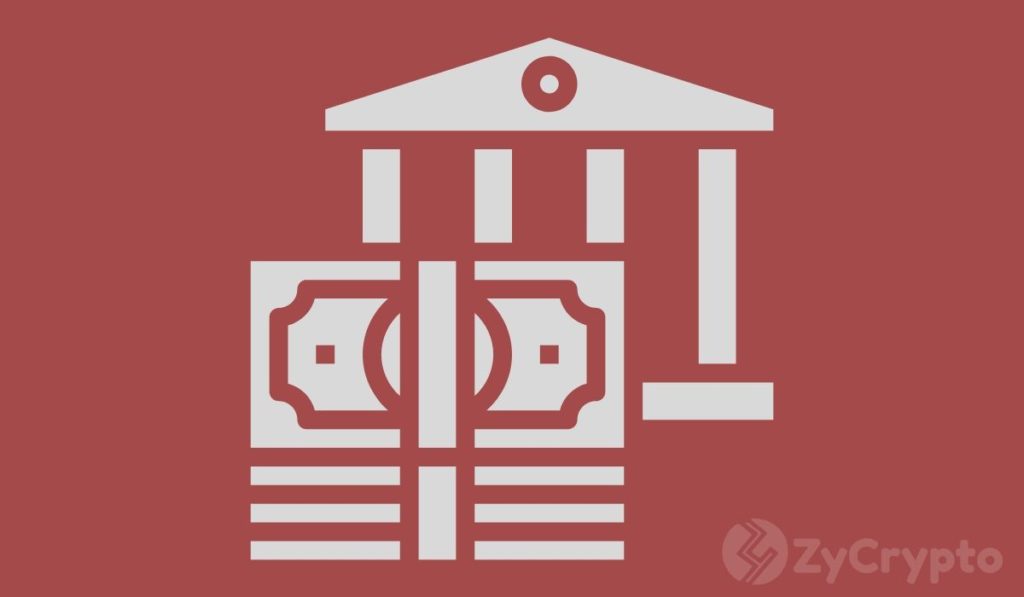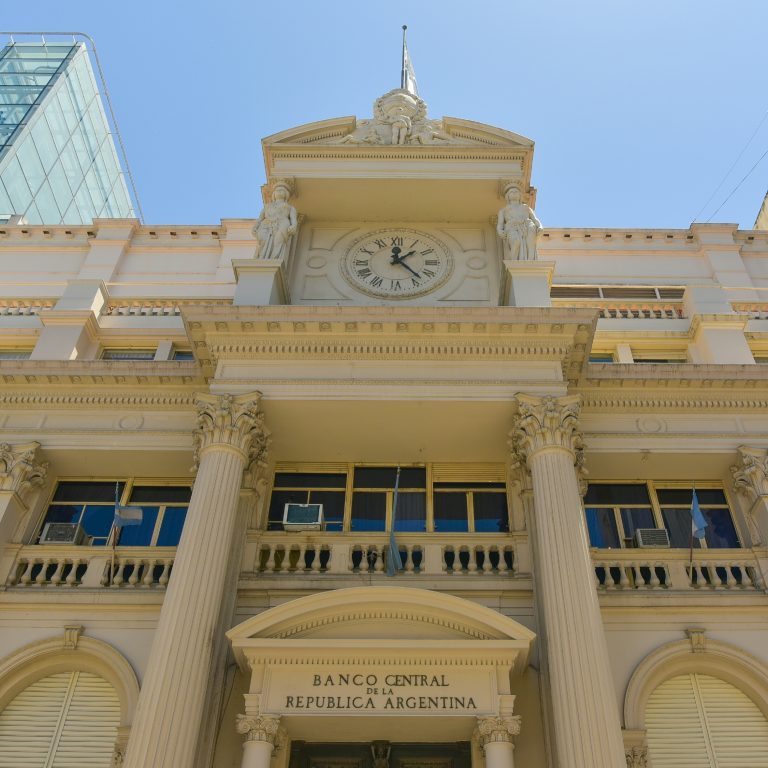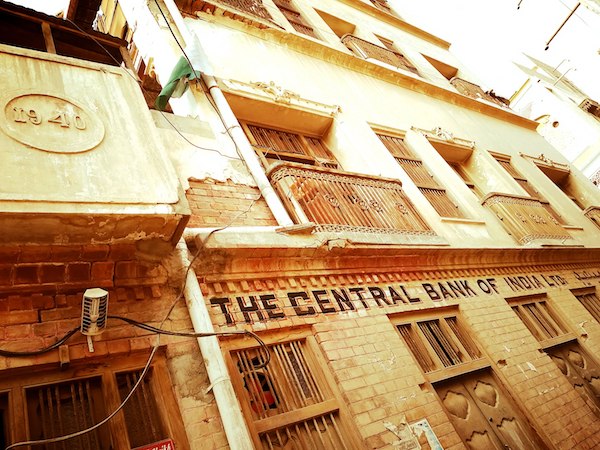2021-3-12 11:00 |
The COVID-19 pandemic has accelerated the trend of cashless payments, with central banks racing to develop and test digital currencies. According to survey data released by the Bank for International Settlements, 80% of the world’s 66 central banks said they are studying digital currency technology, and about 20% said they are likely to issue digital currencies in the next six years.
Many emerging market countries are developing CBDCs to promote financial inclusion and to enhance their economies’ payment efficiencies. At the same time, some developed countries are developing CBDCs to improve inter-bank payment efficiency, strengthen security, provide a faster and more transparent transaction settlement experience, and develop stronger capital markets.
Most central banks are designing and developing their CBDCs based on the needs of their countries, but what kind of CBDC does the world really need?
To answer this question, let’s take a glimpse at the current state of global payments.
The Retail Payment PerspectiveSo far the global payment market has gone through three generations of evolution that now co-exist: the first generation is cash payments, the second generation is card and bank account payments, and the third generation is mobile payments. The current emerging fourth generation is peer-to-peer payments based on blockchain technology.
There are still 1.7 billion unbanked adults worldwide who are still in the first generation. The European and American markets have achieved mass adoption in the second generation, while China and some emerging markets have made great progress in the third generation.
Today, global payments still use an antiquated account-model where each payment needs to be processed by multiple, centralized financial institutions. This is very inefficient. Yet these centralized giants monopolize the market, leading to many problems such as opaque rules, and slow, costly, and unreliable payments.
The Wholesale Payment PerspectiveSince each fiat currency has its unique clearing system, international payments can only be made in multiple steps by correspondent banks located in different countries. For example, the U.S. dollar uses the cross-border payment settlement system, CHIPS; the Euro uses EURO1, the Yen uses FXYCS, and the Renminbi (RMB) uses CIPS. Cross-border payments that involve numerous participants, time zones, jurisdictions, and regulations are inefficient, opaque and expensive. As a result, most international payments still take three to five days to clear and settle.
Today’s global financial system is a conglomeration of regional financial systems that includes central banks, banks, currencies, technology systems, financial institutions, and regulators. As a result, it is highly fragmented and patched together haphazardly, like an old castle that has been continuously built on top of previous, older foundations. In the wholesale payments space, there is no single global payments network that efficiently unifies all of the ecosystem constituents.
Due to the competitive relationship between different payment institutions and the low interoperability between payment networks, it’s even more difficult to interconnect the payment networks of different countries.
Blockchain Technology is Solving Payment ProblemsOn the one hand, blockchain technology enables payments to be converted from an account-based model to a digital token paradigm, enabling peer-to-peer, instant payments. Blockchain also swiftly accelerates the digitization of currencies, making it possible to reconstruct and connect the global payment system to help lower costs and make transactions with unprecedented speed.
CBDCs currently being developed and tested by various countries can, in theory, accelerate the development of cashless societies and enhance the efficiency of retail payments in their respective countries.
However, we are on a dangerous path where each country’s CBDC is adopting an independent private chain and each fiat currency continues to use its own unique clearing and settlement system. If we continue on this path, CBDCs would be isolated from each other and have low interoperability between them, continuing the fragmentation and inefficiency of the global payment system. So what’s the path forward?
A Global, Common Governance NetworkSmooth interoperability between CBDCs can be achieved if central banks collaborate to build CBDCs based on a common governance chain and network and act as supernodes — while protecting user and data privacy. Low cost, instant cross-border and cross-currency payments can also be made anywhere so that the efficiency of retail and international wholesale payments in each country can be dramatically improved. Powered by CBDCs, an interoperable and truly global, unified payment network would be formed.
Blockchain technology gives us the most viable opportunity to create a CBDC based on a common governance infrastructure by abandoning the fragmentation of central banks and collaborating together to unify the global payment system for the benefit of every citizen across the globe.
The post Central banks are developing their own CBDCs, but what kind of CBDC does the world really need? appeared first on CryptoSlate.
origin »Central African CFA Franc (XAF) на Currencies.ru
|
|































